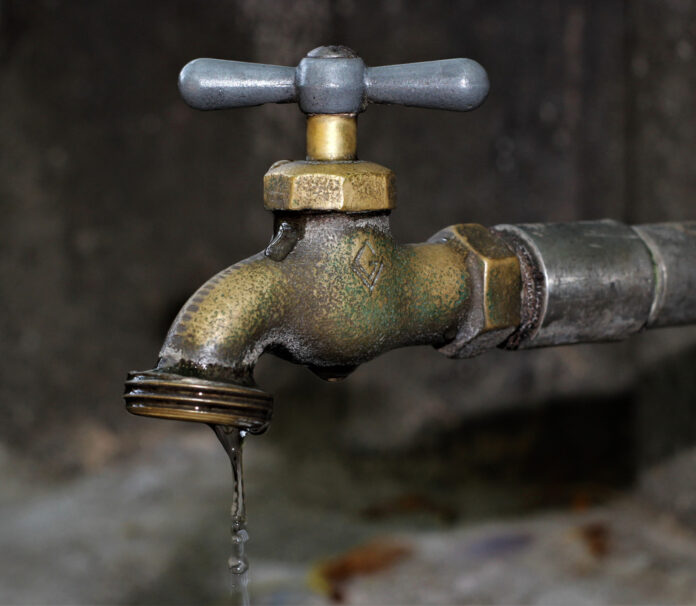The government is seriously considering allowing the various water districts to operate refilling stations of their own to help bring down the cost of the commodity at the retail level, the Department of Environment and Natural Resources (DENR) said on Monday.
According to the DENR’s Water Resource Management Office (WRMO), the agency has asked the opinion of the Government Corporate Counsel (GCC) who came back with the view that the various water districts may operate water refilling stations of their own.
DENR Undersecretary Carlos Primo David said state-operated water refilling stations could only improve the quality of drinking water sold commercially across the country while also helping bring down the cost of the commodity for consumers.
David particularly observes that some water refilling outlets sell water that is “not that clean and in some cases, tap water is cleaner.”
He expressed this view at the sidelines of a forum hosted by Maynilad Water in Quezon City last week.
According to David, the typical water refilling station operates without the benefit of a technical person or engineer, their equipment and tools cleaned by people “who may not be aware that reverse osmosis is still working or that the filters need to be replaced.”
But with government intervention, water refilling stations do not merely achieve improved quality drinking water for consumers but make the enterprise more profitable than are possible at present.
He also said filtered water costing P30 to P35 a gallon at present should sell for less prospectively as the water districts sell at a higher scale than is possible under commercial single proprietorships.
“So to me this is a win-win for consumers,” David said.
Based on the NWRB’s Listahang Tubig or roster of water service providers, the water refilling business is made up of 28,277 participating units.
Of the number, the various water service providers account for 31 percent or 8,862 units while 4 percent or 1,256 are accounted for by water refilling stations.
The various water districts numbering 723 in all account for only 3 percent.
Supervision over water refilling stations falls under the ambit of the Food and Drug Administration, an agency under the wings of the Department of Health.







